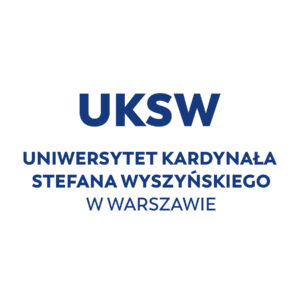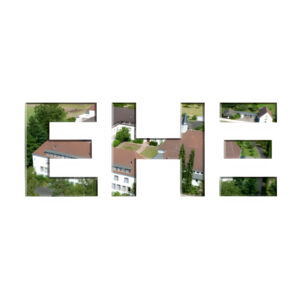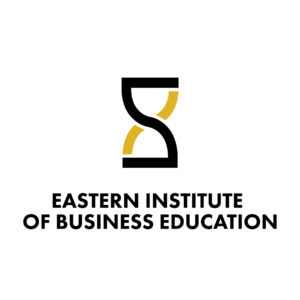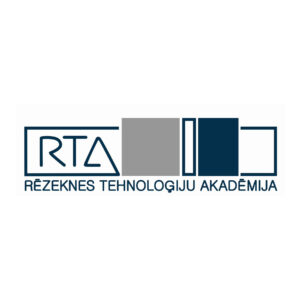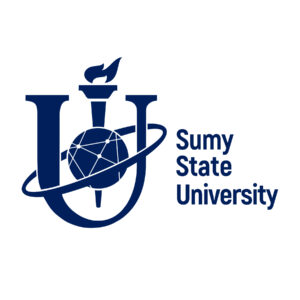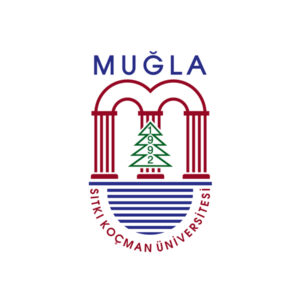Partners

Cardinal Stefan Wyszynski University in Warsaw
Cardinal Stefan Wyszynski University in Warsaw educates 11 000 students in 95 fields of study, including medicine, psychology, law, journalism, environmental engineering, Italian philology and economics. Cardinal Stefan Wyszyński University in Warsaw is distinguished by its experienced, highly specialized academic staff and modern scientific facilities. The roots of UKSW go back to the Academy of Catholic Theology, which in 1999 turned into a broad-profile university. Currently, it has 12 faculties: Biology and Environmental Sciences, Mathematics and Natural Sciences. School of Exact Sciences, Faculty of Medicine. Collegium Medicum, Historical Sciences, Humanities, Pedagogical Sciences, Law and Administration, Faculty of Social and Economic Studies and four so-called church faculties – Theology, Canon Law, Family Studies and Christian Philosophy, which, in addition to the supervision of the Ministry of Education and Science, are subject to the authority of the ecclesiastical authorities. The youngest unit is the UKSW Faculty of Medicine. Collegium Medicum. UKSW students acquire knowledge in the full-time and part-time system, in uniform master’s studies and first- and second-cycle studies. The University also gives you the opportunity to improve your professional qualifications at postgraduate studies and at the Doctoral School. The teaching and research staff of UKSW consists of about 760 academic teachers, many of whom annually receive prestigious awards for scientific, research and teaching activities. UKSW has 14 authorizations to confer doctoral degrees and 10 authorizations to award habilitation degrees. In recent years, the Cardinal Stefan Wyszyński University has transformed into a modern scientific and research center. UKSW’s infrastructure consists of three campuses: in Bielany at 5 Dewajtis Street, in Młociny at 1/3 Wóycickiego Street and in Dziekanów Leśny near Warsaw. On the Wóycickiego campus in the Mazovian Laboratory Center for Natural Sciences, which is equipped with the most modern equipment for conducting analyses and experiments, practical classes for students of exact and medical sciences are held. The latest investment on the Wóycickiego campus is the modern Collegium Medicum building, opened in spring 2022. On the campus in Dziekanów Leśny, which is of a research and scientific nature, a Multidisciplinary Research Center has been launched. Its purpose is to implement innovative solutions of digital and IT technologies to the social and economic environment. The university also has a modern Sports Hall with an auditorium for 230 seats and a radio and television studio. Cardinal Stefan Wyszyński University in Warsaw is both state-owned and Catholic at the same time, due to its roots and current vocation. Our identity stems from the search for the truth about man and the search for God in all dimensions of the functioning of modern society. The mission of the University is to conduct research and educate future intellectual elites for the state, the world and the Church.
Europäisches Haus Esthal GMBH
The organization is a recently established company with a strong foundation in ideological principles and a robust human resource base. Despite its business structure, it is primarily driven by pro-social objectives, with a focus on operating the Esthal center while promoting values such as dialogue, respect, and interaction. The organization also aims to identify, nurture, and promote European values through events like meetings, symposiums, and training sessions. It actively supports international exchange initiatives, ecological projects, and sustainable development. The organization emerged as an extension of the founders’ work, utilizing a legal structure to continue the church center’s mission even after liquidation. Despite its youth, the organization is effective, hosting intergenerational and family events, prioritizing local employment, and contributing to the socio-economic fabric of the community. Dr. Jarosław Krzewicki, the president, is a key figure with expertise in law, theology, and a strong background in promoting spirituality, science, and intercultural dialogue.
Eastern Institute of Business Education Foundation
Institute of Business Education Foundation is a cutting-edge organization based in Warsaw, Poland, dedicated to advancing business education and the integration of new technologies in the business world. Established as a spin-off foundation, it brings together a highly skilled team of researchers, many of whom hold PhDs in relevant fields.
With a strong emphasis on research in business education, the Eastern Institute of Business Education Foundation strives to bridge the gap between academia and industry. The foundation is committed to popularizing knowledge in the field, ensuring that the latest insights and innovations are made accessible to a wide audience. By fostering collaboration between experts, academics, and practitioners, the Eastern Institute of Business Education Foundation is shaping the future of business education and technological integration, driving progress and innovation for the benefit of the global business community. The organization was established by a team of experts specializing in higher education innovation and project management. Our primary goal is to promote and advance innovative technologies in the European educational process. To achieve this, we collaborate with leading innovation centers such as Artificial Intelligence Labs, Augmented Reality Labs, and Machine Learning centers. Through these partnerships, we aim to enhance the innovation and competitiveness of the educational sector in Poland. Key staff members of the organization include: Wojciech Duranowski, PhD from the Warsaw School of Economics, who has authored over 30 scientific publications in the field of social entrepreneurship, social business, and ICT applications in education. He has more than 10 years of teaching experience at various universities, including the University of Limerick Kemmy Business School and the faculties of economics and management at the University of Opole and Warsaw University of Technology. With over 10 years of experience in NGO management, his interests include EdTech, Fintech, and innovative technology applications in education. He has also served as a visiting professor at KIMEP University in Alma Aty (Kazakhstan) and as an expert in innovation and entrepreneurship in over 50 EU projects. Recently, he published a book entitled „The Trailblazers of Educational Change: An Introductory Analysis of the EdTech Market in Software Programming Education” (University of Opole, 2021).
Rezeknes Tehnologiju Akademija
Rezekne Academy of Technologies is a dynamic, active, and developing state founded non-university type higher education institution since 1925 with unlimited international accreditation located in Latvia – a beautiful and safe country which is one of the European Union member states and is situated in the north of Europe – on the shores of the Baltic Sea. Across is three faculties, the Academy provides studies leading to bachelor, master, or doctoral degree. RTA is a greate place for those who are looking for competitive European-level academic or professional higher education and opportunities to do research in education science, humanities and arts, social science, engineering, information and communication sciences, manufacturing and construction.
Sumy State University
Sumy State University (SumDU) is a higher education institution of a classical type located in the city of Sumy, North-Eastern part of Ukraine. Its history goes back to 1948, when it started to train engineers to address demands of regional industry. After a range of transformations as a polytechnic institution, in 1993 Sumy State University obtained its status of a comprehensive HEI. Today, the University follows the ideology of research institution where scientific activity together with a large-scale international cooperation and the focus on innovation technologies, in particular ICT, is dominating. Research and educational activity of SumDU embraces a wide scope of subject areas from engineering and ICT to natural and social sciences, medicine and humanities. The University currently serves about 12,000 students who are pursuing bachelor, master and PhD degrees in 55 majors and 24 fields of knowledge. Currently, about 2000 of foreign students at SumDU represent 50 countries worldwide. 15 study programmes are entirely taught in English. SSU has Laboratory VR and AR SSU, AI Laboratory, e-learning. As result SSU has unique experience of creating and using AI, VR, AR technologies at educational processes.
Muğla Sıtkı Koçman University (MSKU)
Muğla Sıtkı Koçman University (MSKU) was established in 1992 as a state university. Over the three decades, the university has grown to include 20 faculties,4 graduate schools, 16 vocational schools, and 47 research and application centres. Since the beginning, MSKU has been in pursuit of quality higher education and research in order to contribute to the sociocultural, scientific, and technological development of Turkey by servicing over 45,000 students and employs over 1,600 full time academic staff.
